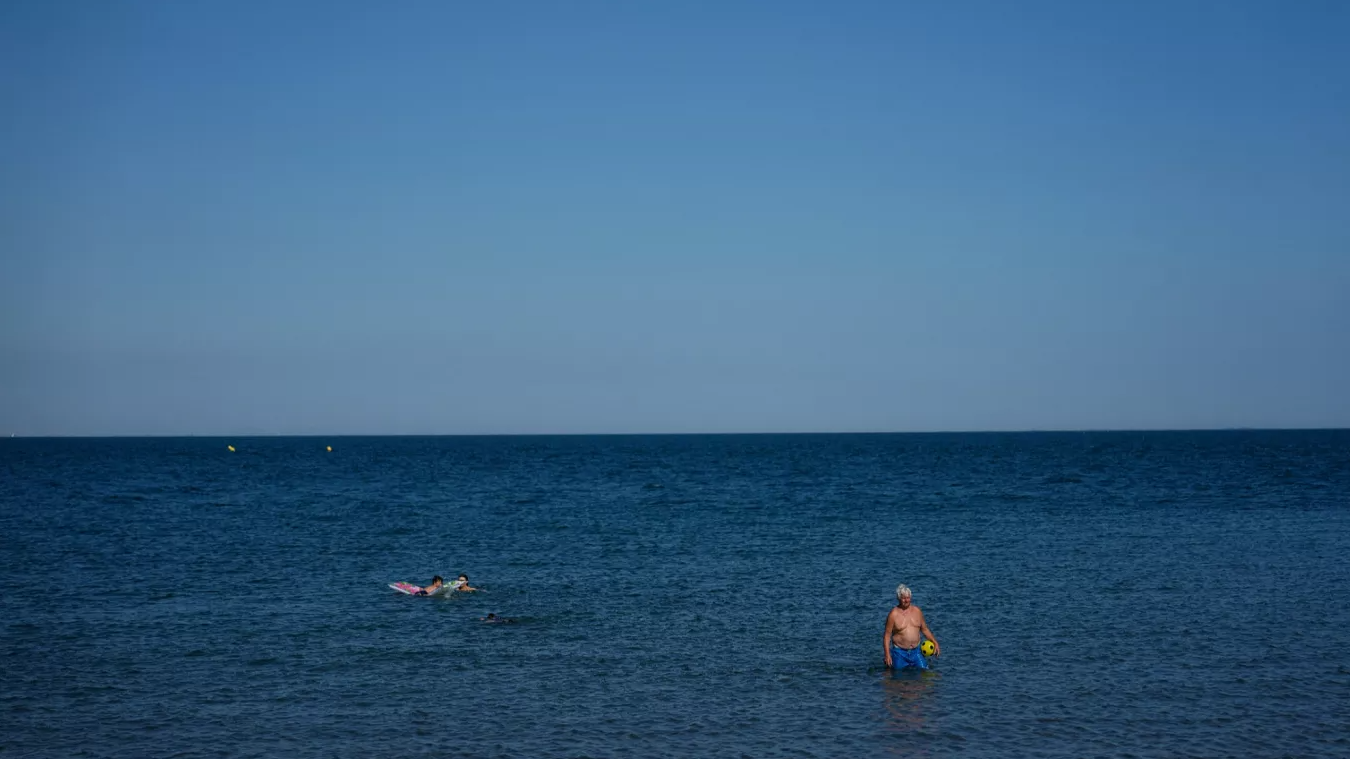
According to data analysed by Météo-France from the EU's Copernicus Climate Service, sea surface temperatures hit an unprecedented 26.01°C on 29 June — around 3°C above the seasonal average. In several areas along the French and Spanish coasts, anomalies exceeded 4°C.
The western Mediterranean basin, including the Balearic and Tyrrhenian Seas, is currently experiencing the most intense heat. Scientists say prevailing conditions suggest the marine heatwave is likely to persist in the coming weeks.
Experts warn the ongoing warming poses an existential threat to biodiversity and regional stability. "Marine heatwaves of this scale have previously resulted in mass die-offs of marine species, widespread disease outbreaks in aquaculture, and irreversible damage to seagrass beds," said Dr Kathryn Smith of the UK's Marine Biological Association.
Already, populations of vital species like corals have plummeted by 90% in some areas, and the noble fan mussel, once abundant, now teeters on the brink of extinction.
The repercussions are not confined to the sea. Warmer waters hold less oxygen, causing fish kills and prompting marine life to dive to cooler depths—disrupting food chains and contributing to seabird deaths. On land, higher sea temperatures fuel extreme weather. The devastating Storm Daniel in 2023, which killed nearly 6,000 people, was made 50 times more likely and significantly more powerful by warm Mediterranean waters. More recently, deadly floods in Valencia were also linked to elevated sea temperatures.
Marine heatwaves—defined as prolonged periods of abnormally high ocean temperatures—have grown tenfold in intensity since pre-industrial times and are now lasting three times longer. The Mediterranean, one of the fastest-warming marine regions on Earth, has seen temperatures remain consistently above average for the past five years.
"These events are no longer rare," warned Dr Alistair Hobday of Australia's CSIRO. "They are becoming the new normal unless there is urgent, global-scale action to reduce greenhouse gas emissions."
Dr Karina von Schuckmann of Mercator Ocean International echoed this, saying: "The scale and severity of the current marine heatwave in the western Mediterranean is unprecedented and deserves immediate attention. We are witnessing one of the clearest signals yet of a rapidly warming climate."
Without decisive intervention, scientists say the Mediterranean's ecological and economic identity could be transformed beyond recognition within a generation.